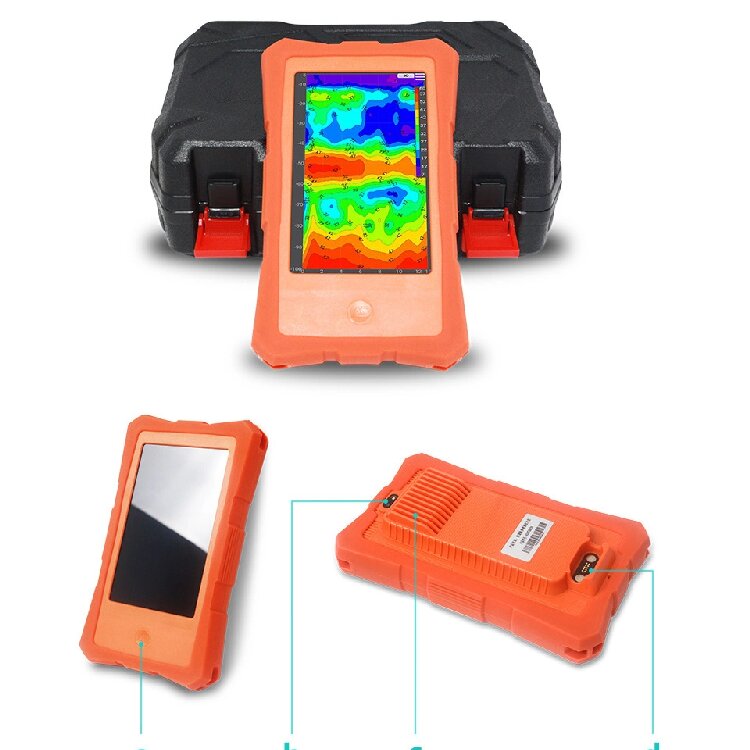How to judge the good or bad groundwater detector
To judge whether a groundwater detector is good or bad, it is necessary to consider a number of factors, including its detection principle, technical parameters, scope of application, ease of operation, after-sales service and so on. The following are some key judgment standards and methods:
1. Detection principle and technology:
Advanced detection principle: Different groundwater detectors are based on different detection principles, such as electromagnetic induction, resistivity, transient electromagnetic, geomagnetic, etc. Generally speaking, more advanced detection principles are used. Generally speaking, instruments with more advanced detection principles and technologies will have higher detection accuracy and depth.
Reliability of technical parameters: pay attention to the technical parameters of the instrument, such as detection depth, measurement accuracy, frequency range, anti-interference ability.
Data processing and analyzing ability: A good detector should have strong data processing and analyzing ability, which can quickly and accurately convert the collected data into easy-to-understand images or charts, and provide professional explanations and analysis reports.
2. Scope of application and targeting:
Targeting: Different detectors may be optimized for different detection targets. For example, some detectors focus on finding large groundwater resources, while others are more suitable for detecting small groundwater veins or groundwater seeps.
3. Ease of operation and intelligence:
User-friendliness: A good detector should have an easy-to-understand interface that is easy for the user to operate and set up.
Degree of automation: Some high-end detectors have a higher degree of automation, which can automatically complete the work of data acquisition, processing and analysis, and greatly improve the work efficiency.
Portability: For field operation, the portability of the instrument is also very important. Lightweight, easy to carry the instrument can reduce the burden of the staff. 4.
4. the quality and reliability of the instrument:
Manufacturer's reputation and qualification: choosing a manufacturer with good reputation and qualification can guarantee the quality and after-sales service of the instrument.
Material and technology of the instrument: A good detector should be made of high quality material and exquisite technology to ensure its durability and reliability.
Stability of the instrument: The stability of the instrument refers to the stability and consistency of its measurement results under different environmental conditions.
5. After-sales service and technical support:
After-sales service: A good manufacturer should provide perfect after-sales service, including warranty, maintenance and upgrading of the instrument.
Technical support: The manufacturer should provide professional technical support, including training in the use of the instrument, data analysis guidance.
Some specific judgment methods:
 Summarize:
Judging the goodness of a groundwater detector requires comprehensive consideration of a number of factors and cannot rely on a single indicator or standard. Only through careful comparison and selection can you find the most suitable detector for your needs and improve the efficiency and success rate of groundwater exploration.
Summarize:
Judging the goodness of a groundwater detector requires comprehensive consideration of a number of factors and cannot rely on a single indicator or standard. Only through careful comparison and selection can you find the most suitable detector for your needs and improve the efficiency and success rate of groundwater exploration.
If you need to buy the right detector, click the link below to contact our professional team!
Contact us
